All Formats & Editions
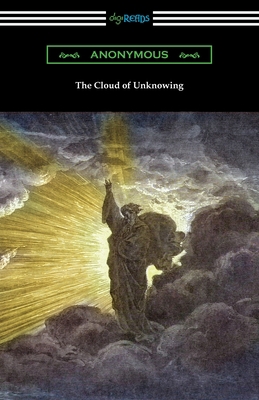
The Cloud of Unknowing
Written in Middle English sometime in the latter half of the 14th century, "The Cloud of Unknowing" is an anonymous work of Christian Mysticism. Surviving to us in only seventeen known manuscripts, "The Cloud of Unknowing" is meant as a spiritual guide of contemplation upon...
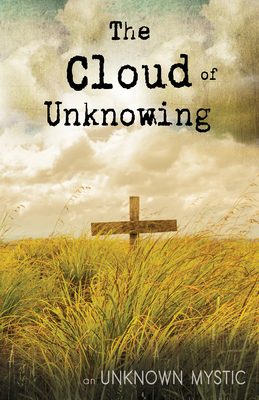
The Cloud of Unknowing
"For of all other creatures and their works, yea, and of the works of God, a man may through grace have full knowledge, and well he can think of them. But of God Himself can no man think. And therefore, I would leave all that I can think, and choose to love what I cannot think...
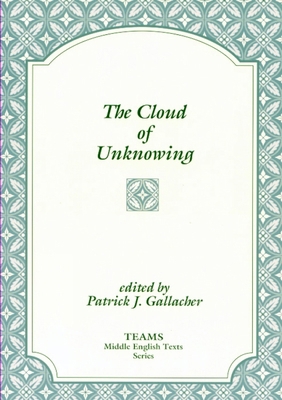
The Cloud of Unknowing
The Cloud of Unknowing describes the contemplative method centered around eliminating all noise and images from the mind, and in that encounter with nothingness, finding God. Meanwhile, despite the austerity of the content, the style of the author is warm and congenial...
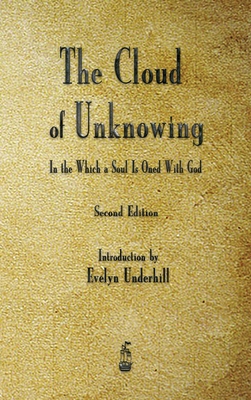
The Cloud of Unknowing
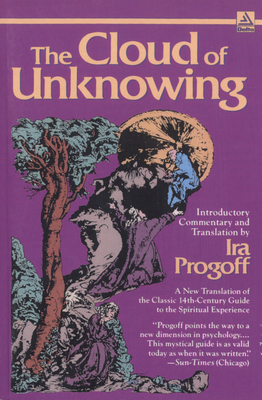
The Cloud of Unknowing
In fourteenth-century England an anonymous monk wrote an extraordinary text illuminating the life of contemplative devotion and the drama of the soul's union with God. Precariously heretical in its day, it became a classic of Christian mystical thought. Dr. Ira Progoff's brilliant...
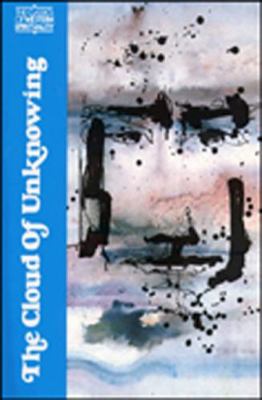
The Cloud of Unknowing
Paulist seems to have hit upon exactly the right subject at exactly the right time." Theology Today "The series offers a perfect opportunity both to acquire and to read those classics that are more talked about than read." Christian World THE CLOUD OF UNKNOWING edited, with an...
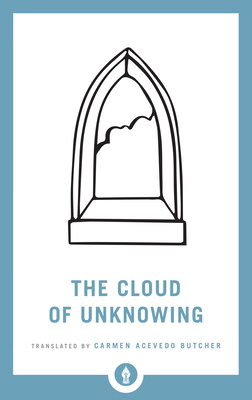
The Cloud of Unknowing
A marvelously readable translation of the great Middle English classic of Christian mysticism--now part of the beautifully designed Shambhala Pocket Library collection This anonymous fourteenth-century text is the glory of English mysticism, and one of the most...

The Cloud of Unknowing
And therefore take good heed unto time, how that thou dispendest it: for nothing is more precious than time. In one little time, as little as it is, may heaven be won and lost. A token it is that time is precious: for God, that is given of time, giveth never two times together,...
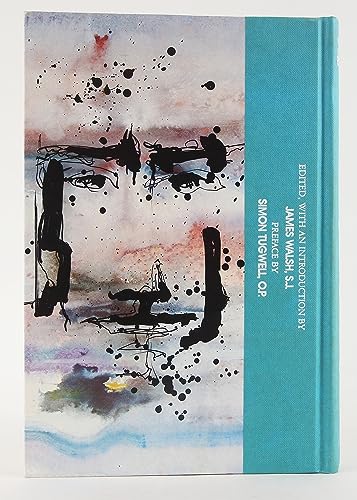
The Cloud of Unknowing

The Cloud Of Unknowing
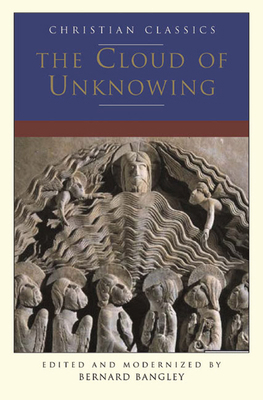
The Cloud of Unknowing
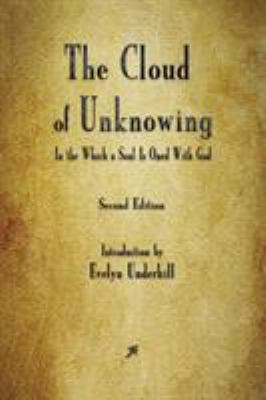
The Cloud of Unknowing
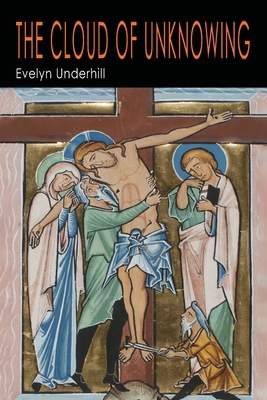
The Cloud of Unknowing
![LA NUBE DEL NO-SABER (Spanish Edition) [Spanish] 152108954X Book Cover](https://m.media-amazon.com/images/I/51rmadaIJXL._SL500_.jpg)
LA NUBE DEL NO-SABER (Spanish Edition) [Spanish]
Este libro es una gu?a espiritual en la oraci?n contemplativa de la Baja Edad Media (Siglo XIV), sin embargo, es de igual utilidad para el hombre de hoy. El mensaje de esta obra sugiere que la manera de conocer a Dios es abandonar la consideraci?n de determinadas actividades...
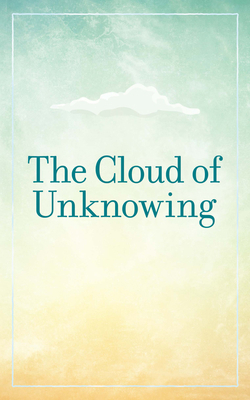
The Cloud of Unknowing
A classic of Christian mysticism, this marvelous guide to the contemplative life originated with the reflections of an unknown 14th-century priest who believed that a "cloud of unknowing" separates people from God. This cloud, the writer maintained, cannot be penetrated by intellect...
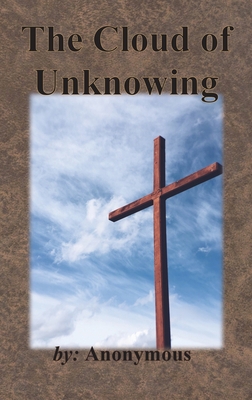
The Cloud of Unknowing
Complete edition of The Cloud of Unknowing by an Anonymous author in the 15th century, with introduction by Evelyn Underhill and transcribed from the British Museum manuscripts. As meaningful today, it is a powerful contemplation for those...
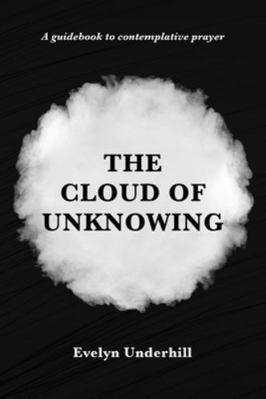
The Cloud of Unknowing: A Book Of Contemplation...
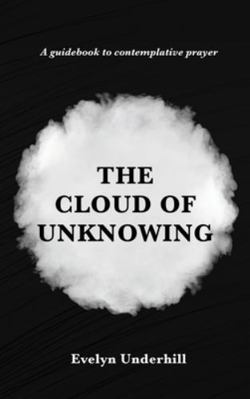
The Cloud of Unknowing: A Book Of Contemplation...
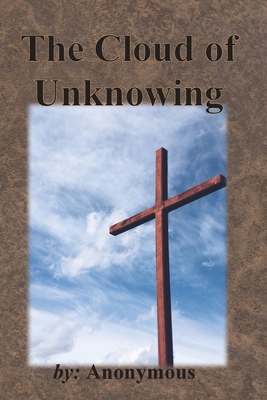
The Cloud of Unknowing
Complete edition of The Cloud of Unknowing by an Anonymous author in the 15th century, with introduction by Evelyn Underhill and transcribed from the British Museum manuscripts. As meaningful today, it is a powerful contemplation for those...
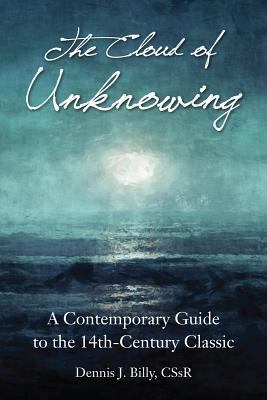
The Cloud of Unkowning
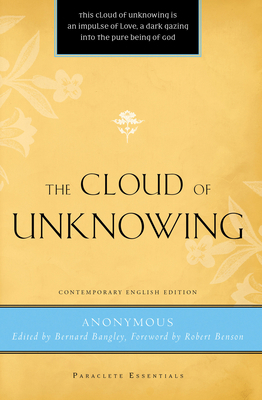
Cloud of Unknowing
A mystical classic now easier to understand Very few spiritual classics from centuries past offer real guidance for entering into the darkness and light of Christian mysticism. Notoriously difficult to understand, this contemporary English translation of one...
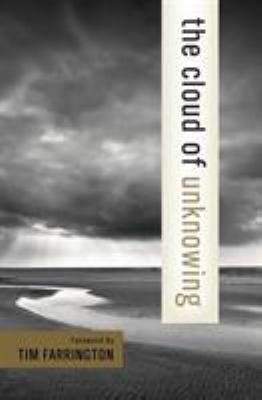
The Cloud of Unknowing
Widely considered a hallmark of Western literature and spirituality, The Cloud of Unknowing is an anonymous English monk's sublime expression of what separates God from humanity. Originally written in the 14th century, now part of the HarperCollins Spiritual classics series,...
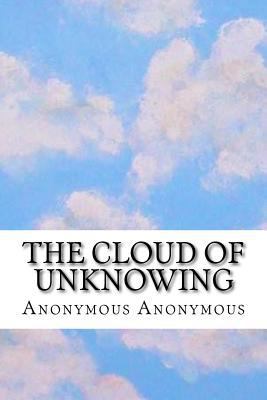
The Cloud of Unknowing
The Cloud of Unknowing is an anonymous work of Christian mysticism written in the latter half of the 14th century. The text is a spiritual guide to contemplative prayer. "Be willing to be blind, and give up all longing to know the why and how, for knowing will be more of a hindrance...

The Cloud Of Unknowing
The Cloud of Unknowing is an anonymous work of Christian mysticism written in the latter half of the 14th century.
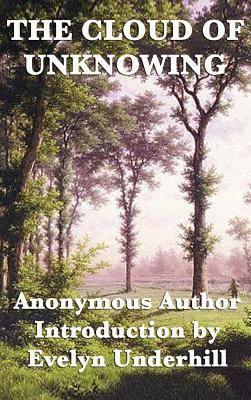
The Cloud of Unknowing
The Cloud of Unknowing draws on the mystical tradition of Pseudo-Dionysius the Areopagite and Christian Neoplatonism, which focuses on the via negativa road to discovering God as a pure entity, beyond any capacity of mental conception and so without any definitive image or form...



